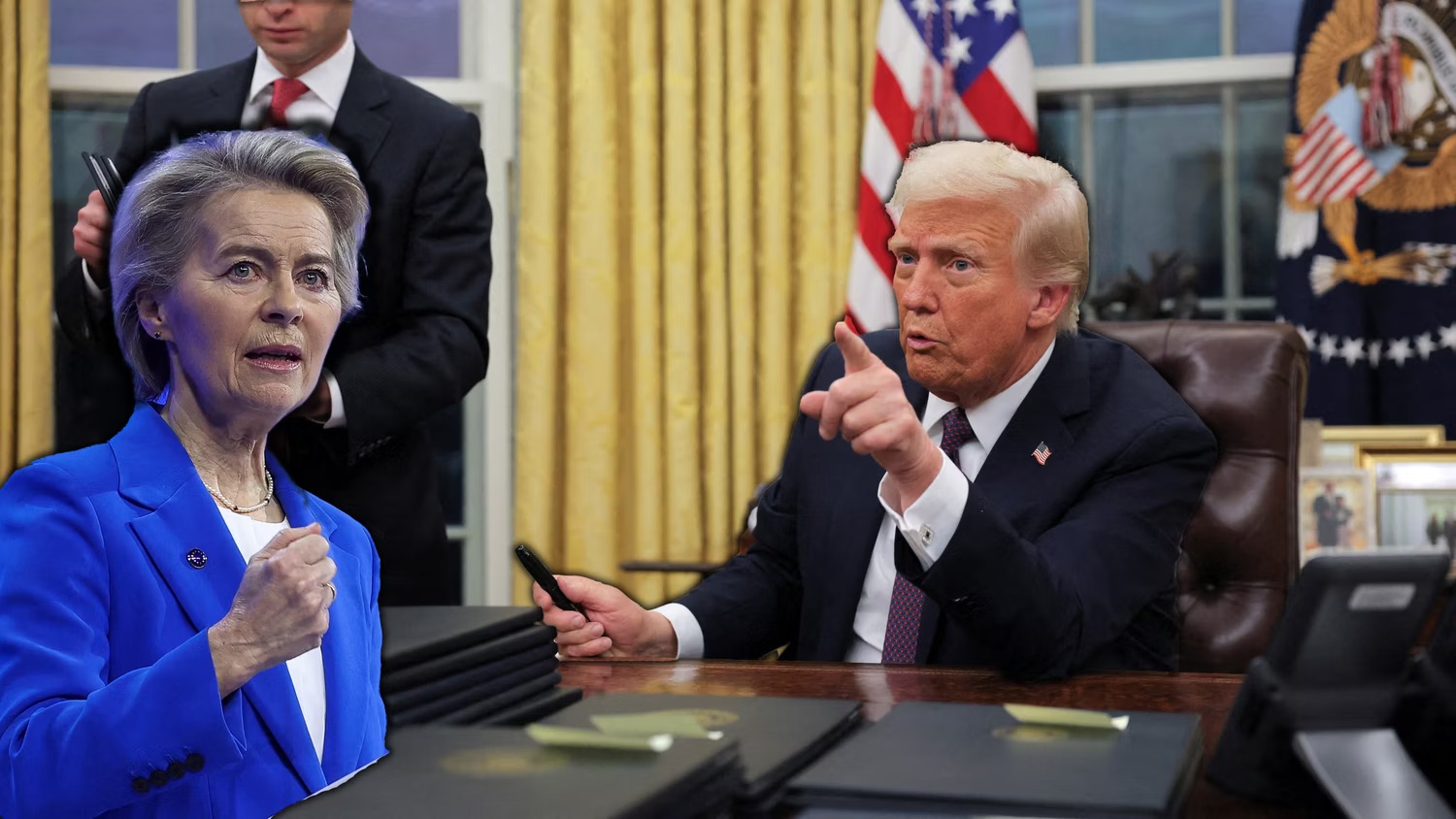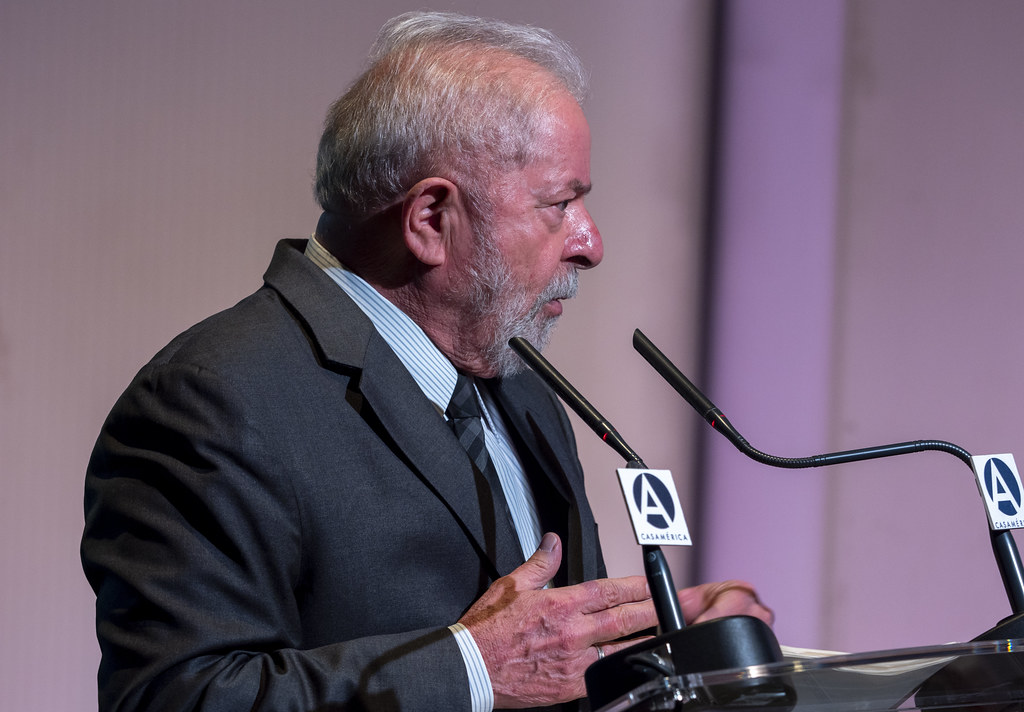The Nigerian House of Representatives Committee on Financial Crimes has officially summoned Richard Teng, CEO of Binance, to address allegations relating to terrorism financing and money laundering activities. This development follows a statement from the committee, chaired by Ginger Onwusibe, demanding Teng’s presence before March 4, 2024, as reported by the local news outlet Punch.
Escalating Scrutiny on Binance
The call for testimony comes in the wake of the Central Bank of Nigeria (CBN)’s governor raising alarms on February 27 about “suspicious flows” of funds through Binance in 2023. The committee, showing its determination to delve into these concerns, had previously invited Teng to a hearing on December 18, 2023, an invitation that went unheeded, leading to Onwusibe’s public expression of disappointment.
In his statement, Onwusibe highlighted the gravity of the allegations and the importance of compliance with the laws regulating business and financial operations within Nigeria. He stressed the committee’s resolve to utilize its constitutional powers to enforce cooperation from Binance, hinting at potential actions against the exchange should it fail to respond appropriately to the summons.
Government Actions and Crypto Regulations in Nigeria
The Nigerian government has shown a keen interest in regulating the cryptocurrency space, evidenced by the detention of two senior Binance officials in Abuja by the National Security Adviser’s office. This move is part of a broader effort to clamp down on cryptocurrency exchanges amid concerns over the Nigerian naira’s stability. Consequently, Binance preemptively removed the naira from its peer-to-peer (P2P) trading service on February 28, in response to the increasing regulatory scrutiny.
The P2P service of Binance gained popularity in Nigeria following the government’s 2021 ban on cryptocurrency operations during the tenure of former President Muhammadu Buhari. The ban was lifted in December 2023 when the CBN issued guidelines for the operation of virtual asset service providers, marking a significant policy shift towards embracing digital currencies.
Nigeria’s Embrace of Digital Currencies
Nigeria has been at the forefront of digital currency adoption in Africa, being the second country on the continent to launch a central bank digital currency in 2022. Furthermore, February saw the introduction of the naira-pegged cNGN stablecoin by the Africa Stablecoin Consortium within a CBN regulatory sandbox, showcasing the country’s innovative approach to integrating cryptocurrencies within its financial system.
Timeline of Events and Regulatory Developments
| Date | Event |
|---|---|
| Feb 27, 2023 | CBN raises concerns over suspicious funds flow through Binance. |
| Dec 2023 | CBN lifts the ban on banks’ crypto transactions and issues guidelines. |
| Dec 12, 2023 | Committee sends a letter to Richard Teng, summoning him to testify. |
| Dec 18, 2023 | Scheduled hearing date for Teng, which he did not attend. |
| Feb 28, 2024 | Binance removes the naira from its P2P service amid regulatory scrutiny. |
The unfolding situation between Binance and the Nigerian government highlights the challenges and complexities of regulating the rapidly evolving cryptocurrency market. As Nigeria positions itself as a leader in digital currency adoption in Africa, the outcome of these allegations and the regulatory response could set important precedents for crypto governance and international cooperation in financial oversight.
The crypto industry, while offering significant opportunities for economic growth and innovation, continues to navigate the delicate balance between fostering innovation and ensuring financial security and compliance. The response of Binance and the wider crypto community to these developments will be closely watched, as it may influence future regulatory frameworks not only in Nigeria but across the global financial landscape.










